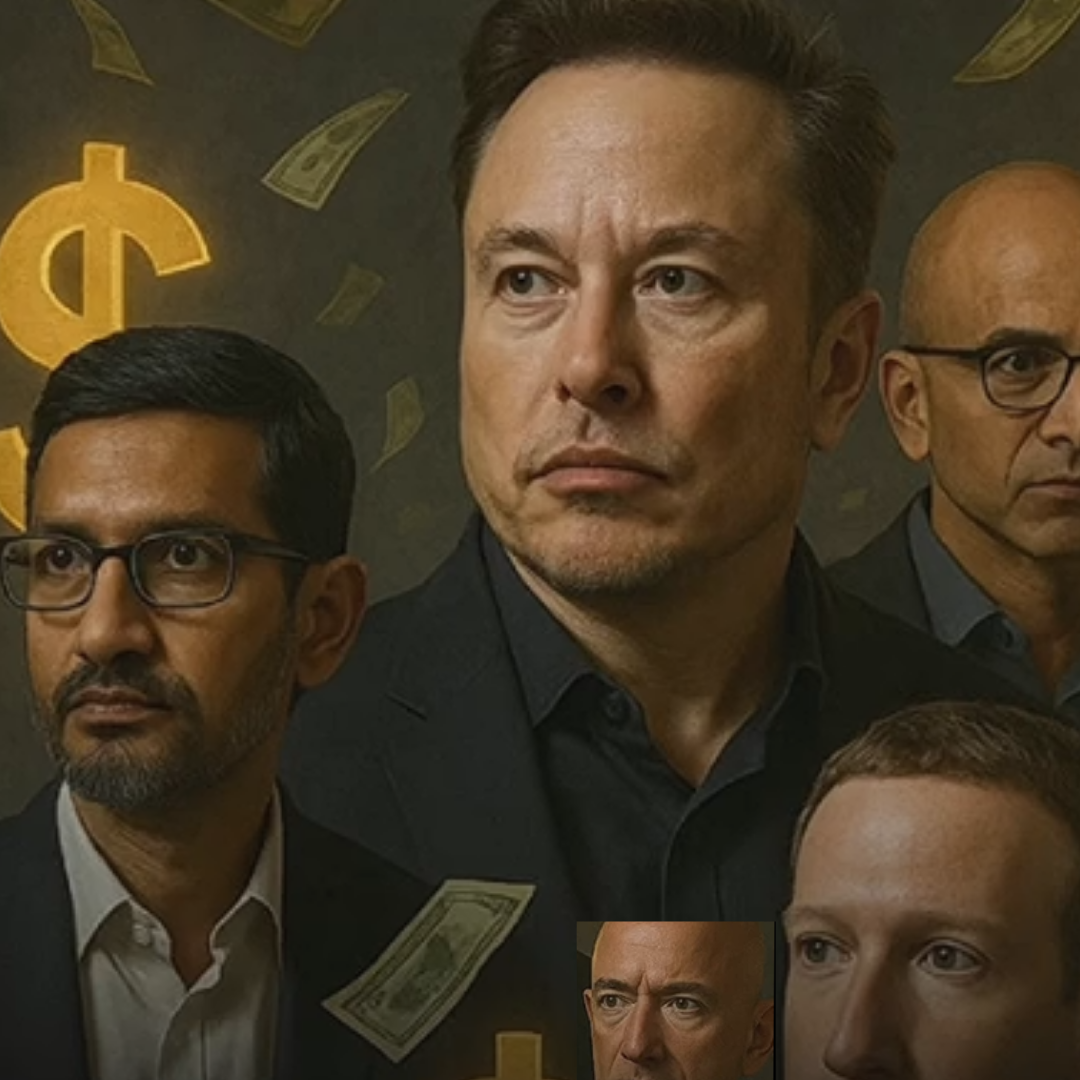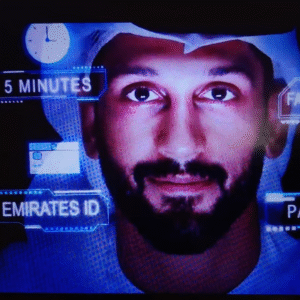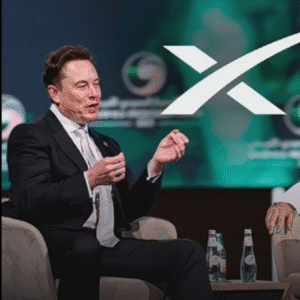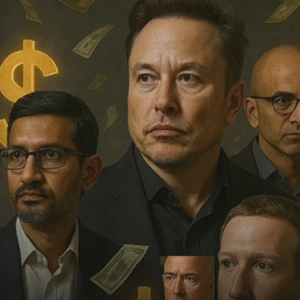In today’s hyper-connected era, data is often called the “new oil,” and five powerful tech billionaires sit at the helm of this digital empire: Elon Musk, Jeff Bezos, Mark Zuckerberg, Satya Nadella, and Sundar Pichai. Though over 300 tech billionaires exist globally, these five wield an extraordinary level of control—not just over their companies—but over the world’s information flow, digital infrastructure, and behavioral data of billions of users. They lead tech giants like Tesla, Amazon, Meta, Microsoft, and Google, whose platforms underpin our daily lives, economies, and even governance.
What sets them apart isn’t just wealth or innovation—it’s their influence over data. Google and Meta alone process and analyze massive volumes of personal data every second, shaping everything from search results to social media algorithms. Amazon knows what millions of people buy and when. Microsoft controls core software and cloud infrastructure for governments and businesses. Elon Musk’s ventures—from Tesla’s AI to X (formerly Twitter)—harvest behavioral and mobility data at a global scale. This data concentration grants them insights and influence rivaling, and sometimes exceeding, that of national governments.
While their impact has led to transformative progress in AI, cloud computing, autonomous tech, and digital communication, it also raises urgent questions. Who holds these leaders accountable? What happens when data is used not just to serve, but to manipulate? The monopolistic control of information flow can distort markets, fuel misinformation, and stifle smaller innovators. Critics argue that such dominance makes democratic regulation difficult and exposes global users to risks—ranging from surveillance capitalism to algorithmic bias.
Yet, defenders claim these leaders are the architects of the future. Their platforms have connected the world, powered economic growth, and led the charge in next-gen technology. Still, the central question remains: how much power is too much? As the digital world becomes increasingly inseparable from our real lives, society must confront the implications of five individuals and their companies shaping the infrastructure of human knowledge and behavior. Transparency, regulation, and ethical innovation will be key in determining whether this power becomes a global asset—or a global risk.









